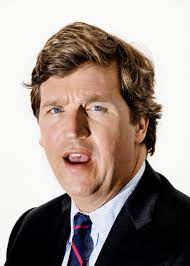
With the passing of every year, I am driven into deeper despair over the spread of lies, disinformation, and (truly) fake news that has become an ever-present feature of our lives. Wherever I turn, I see evidence that the cynical war against truth has captured the minds of American citizens. The number of Americans who incorrectly believe that thousands of people have died from Covid vaccines—and even believe that it is safer to get Covid than to be vaccinated–has actually risen, despite no evidence whatsoever to support these claims. (Thank you, Tucker Carlson). Astonishingly, many Americans still believe that the Pizzagate conspiracy is true, thanks to the malicious spread of misinformation by techno-authoritarian plutocrats and “robber barons,” like the Secretary of DOGE.
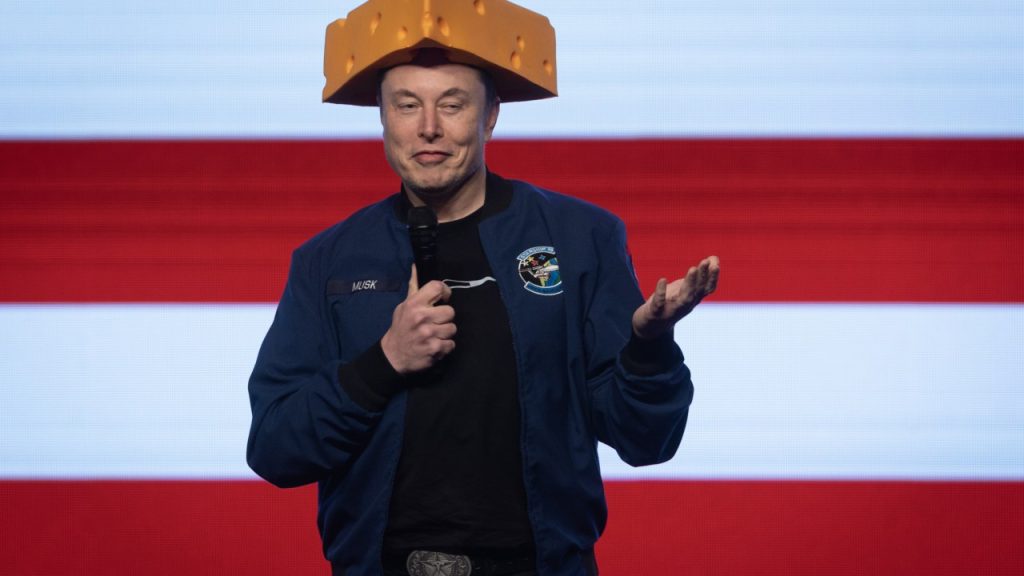
This is crazy. And it’s dangerous. Whatever party we support—or even if we don’t support any party—we can all agree that citizenship in a liberal democracy is all about truth: educating ourselves about facts and scientific consensus, reflecting on the wisdom of politicians’ decisions, and coming to principled conclusions about how we should act in a world that will always be complex. If we can’t even agree on what is true, in both the most straightforward and the deepest sense of the term, democracy simply can’t work.
The solution to this problem seems self-evident. We must identify ways to motivate people to seek the truth. Yet, how can we succeed if so many Americans choose instead to hole up in the warm comfort of their respective niches and believe whatever satisfies their base emotions. As Camus observes, “stupidity has a knack of getting its way; as we should see, if we were not always so much wrapped up in ourselves.”
One possibility provides me with a sliver of hope. In our seminar, we have occasionally run into cases where the appeal of truth-seeking, truth-telling, and truth-living become reality. As we have seen, humans–or at least some of them–are not destined to live in a state of “nonage” forever. Either gradually or suddenly–or both–some awaken from their slumbers and commit themself to living a life of seeking the truth.
The big question is:
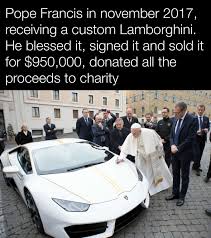
What is required to make this yearning for truth possible? Vaclav Havel, Pope Francis, and the engineers and avatars who make Wikipedia work all make explicit or implicit arguments about what is required for this breakthrough. Yet, if you look closely, you can see that their arguments are based on different assumptions about 1) why humans are disinclined to pursue the truth and 2) the circumstances that will induce them to pursue the truth
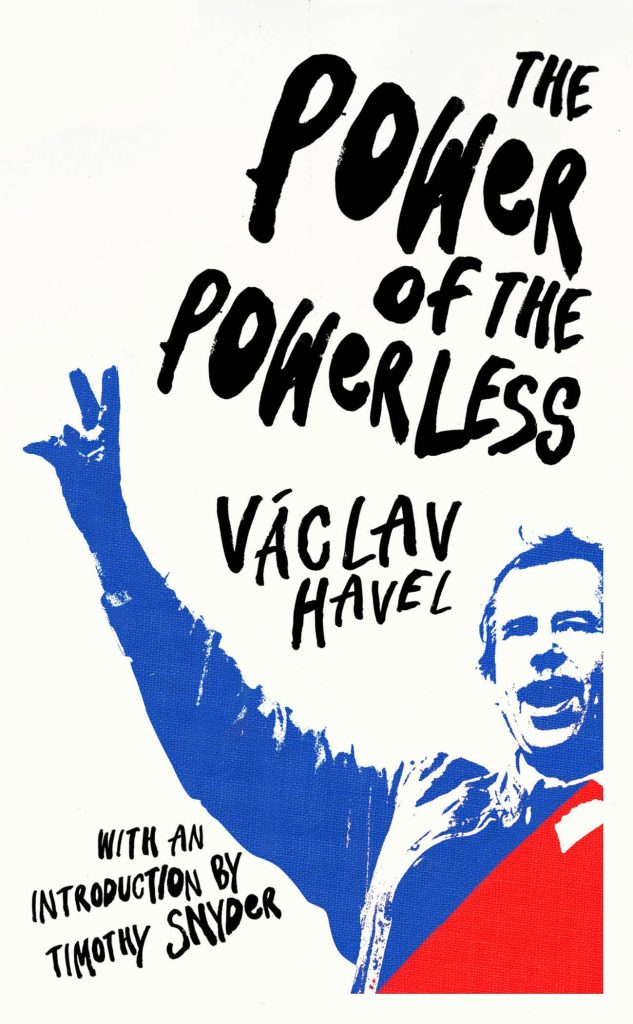
Assignment: To bring me back from the Grand Canyon’s cliff of despair, please write a coherent essay in which you reinforce and even expand my sliver of hope by telling me which of the three arguments is likely to provide the most realistic grounds for hope that American democracy can be saved. I need an unequivocal answer, and I need it now!
Your response should be no more than five (5) double-spaced pages. Make sure you have a carefully chosen title. Please put your name on the top left-hand side of the page.
As always, I have designed this question to be an educational exercise. My aim is to have you learn by doing. For this reason, I recommend that you begin your essay immediately. In particular, you will need to take the time to examine the readings and the operations of the Wikipedia platform closely to identify their strengths and weaknesses. As you do this, the best strategy is to identify their assumptions and then express their arguments in a nutshell. Look closely for the clues that will bring me hope. Don’t bounce around among them. Once you have outlined their views, you will then be positioned to elaborate on the strengths and weaknesses and defend your choice among the three.
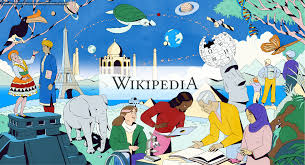
Also, as always, I will evaluate your essay according to four criteria: 1) Your understanding of the arguments and counterarguments; 2) The clarity and consistency of your response; 3) Your explicit use of readings and Wikipedia experience to back up your points concretely; and 4) Your demonstrated ability to think for yourself.
Please do not discuss your essay with anyone else. Your essay should be clearly and manifestly your own work. Of course, you can always discuss this assignment with me during my office hours. I will also be delighted to comment on your first draft paragraph and the first line of the second paragraph. You can and should also visit the Writing Center. Make an appointment now.
Please remember to read my Google document “Tips for Great Writing.” Also, reread my comments on your previous essays. To quote one of the founders of modern sociology (who?): “You have nothing to lose—and a world to gain!”
Remember: My expectations are not unreasonable. I simply expect you to write the best essay you have ever written.
Your assignment is due by next Wednesday, May 7, at noon.
Of course, feel free to turn in your essay earlier. You should put your essay in your folder. Remember: No PDF!
The Registrar does not give me a lot of time to turn in grades and exam week is crazy. However, if you would like detailed comments on your paper, please let me know and I will be delighted to send them to you soon.
Thank you for taking my last class so seriously and helping me to make it an enjoyable experience.
Good luck, be safe, walk on the grass to escape your self-imposed nonage (i.e., challenge all forms of authority), and keep in touch!
AJM